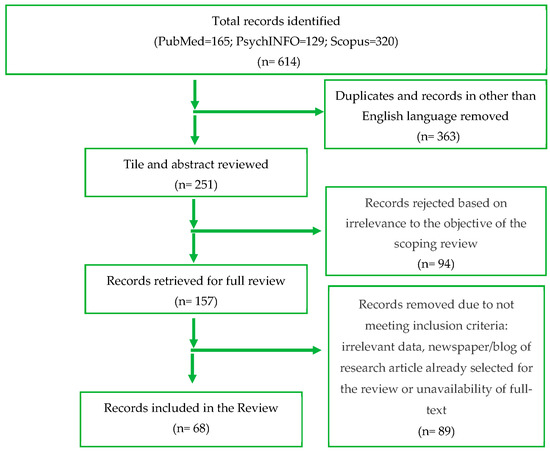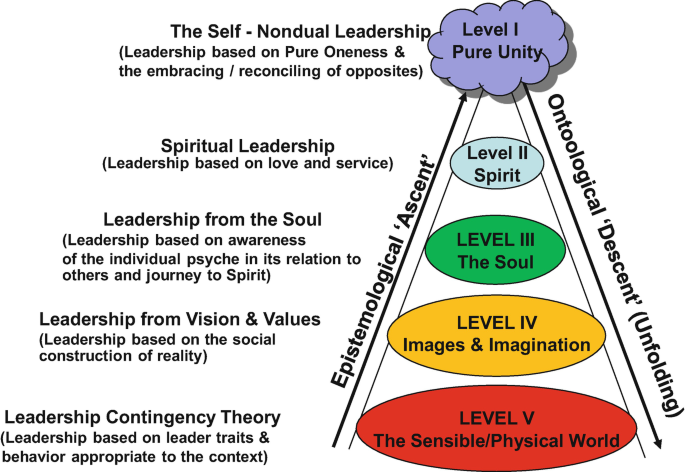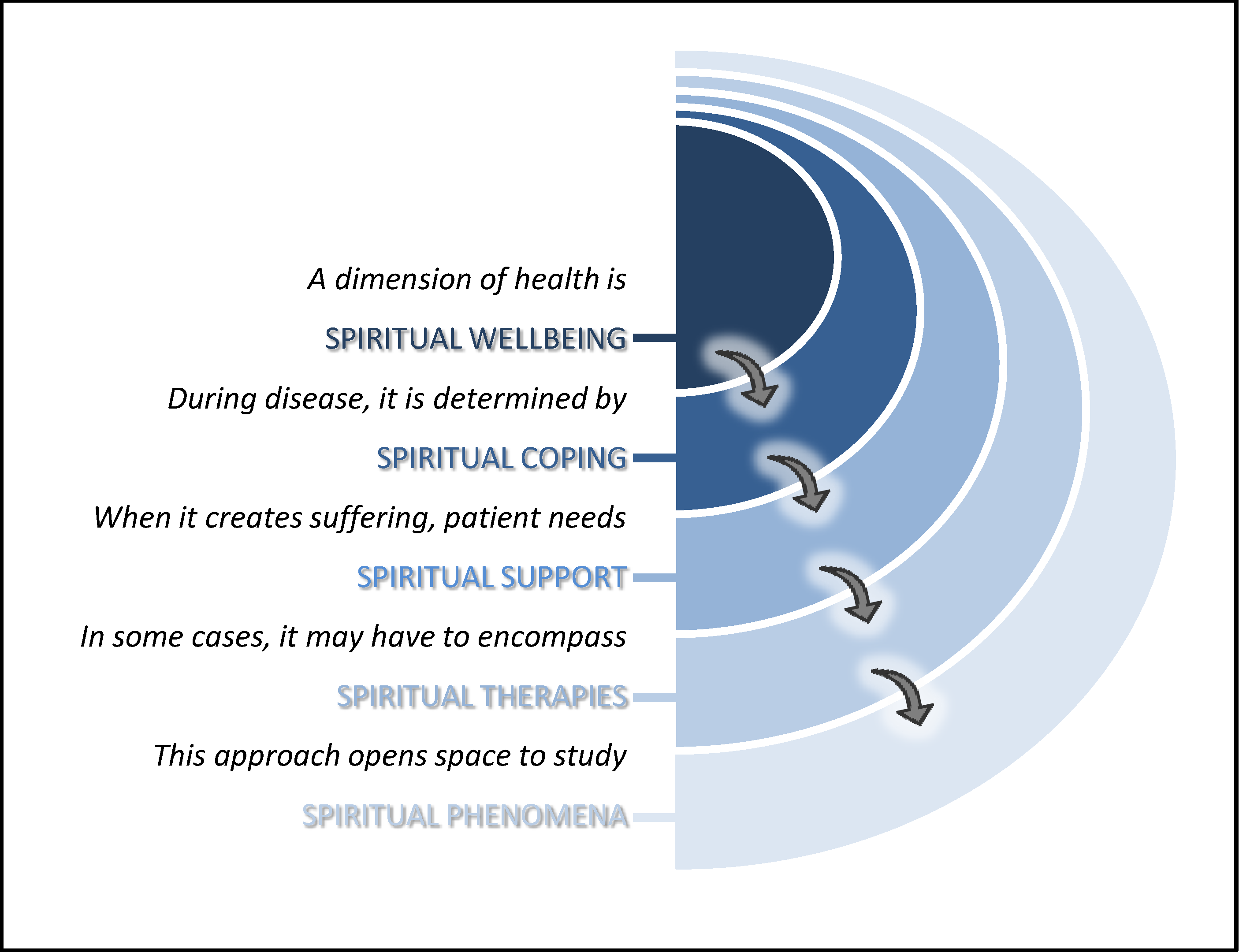The human fascination with immortality has been a recurring theme throughout history, from mythological stories to modern scientific pursuits. Today, advancements in technology and medicine are inching humanity closer to the possibility of significantly extending life or even achieving immortality. However, such developments raise profound ethical and philosophical questions, many of which intersect with religious beliefs.
Immortality is not a gift, but an achievement; and only those who strive mightily shall possess it.
Elbert Hubbard, American writer and philosopher
Drawing insights from the study “Immortality: An Essay on Science, Technology, and Religion” (ResearchGate, 292351735), this blog explores how various religious traditions perceive life extension and immortality, offering a nuanced understanding of these issues.
The Universality of Death in Religious Teachings
Death is a central theme in most religious doctrines. Many traditions view it not as an end but as a transition—either to an afterlife, reincarnation, or union with the divine. This perspective often positions death as a necessary and meaningful part of the human experience.

For instance, Christianity speaks of eternal life through spiritual salvation rather than physical continuity. In contrast, Hinduism and Buddhism emphasize the cyclical nature of life and death through concepts like karma and reincarnation. These views often contrast sharply with the scientific aspiration to escape death altogether.
Life Extension and Immortality: Religious Acceptance or Resistance?
Christianity: Balancing Divine Will and Human Innovation
Christianity generally views life as a sacred gift from God, with death marking the gateway to eternal life. Extending life through medical advancements is often considered acceptable as long as it aligns with divine will and ethical principles. However, the pursuit of immortality may raise concerns.
The study on ResearchGate highlights Christian skepticism toward efforts to achieve physical immortality, viewing such endeavors as a challenge to God’s plan. Many theologians argue that striving for eternal life on Earth may distract from the spiritual journey toward salvation.
Islam: Life Extension Within the Bounds of Allah’s Will
Islam emphasizes submission to Allah’s will, including acceptance of life and death as part of divine decree. While medical interventions to extend life are generally permissible, the pursuit of immortality can be seen as overstepping human boundaries.
Islamic teachings encourage believers to focus on spiritual preparation for the afterlife rather than clinging to earthly existence. Efforts to achieve immortality may be interpreted as an act of hubris, challenging Allah’s ultimate authority over life and death.
Hinduism and Buddhism: Philosophical Challenges to Immortality
Hinduism and Buddhism present a philosophical challenge to the idea of immortality. Both traditions view life as impermanent and emphasize detachment from the material world. In Hinduism, the ultimate goal is moksha—liberation from the cycle of birth and death.

Similarly, Buddhism teaches that clinging to life perpetuates suffering (dukkha). Efforts to extend life indefinitely could contradict the spiritual aim of transcending worldly attachments and reaching enlightenment.
Judaism: Ethical Boundaries and the Sanctity of Life
Judaism places great value on the sanctity of life, encouraging medical advancements that save and extend lives. However, the pursuit of immortality raises ethical questions. Jewish teachings emphasize the importance of living a meaningful life rather than an endless one.
According to the ResearchGate study, some Jewish scholars argue that immortality could disrupt the balance of life cycles and hinder humanity’s spiritual growth. Immortality, they suggest, may undermine the significance of life’s finite nature.
Ethical Concerns Around Immortality in Religion
Across religious traditions, ethical concerns regarding life extension and immortality often center on issues of hubris, inequality, and the disruption of natural cycles.
It is not length of life, but depth of life.
Ralph Waldo Emerson, American essayist and philosopher
- Hubris and Playing God
Many religious perspectives caution against overstepping human boundaries, warning that the pursuit of immortality could lead to moral and spiritual consequences. Efforts to “play God” by manipulating the natural order are often seen as acts of arrogance. - Inequality and Access
Religious teachings frequently emphasize compassion and justice. The unequal distribution of life-extension technologies could exacerbate social disparities, contradicting core religious values of equity and care for the vulnerable. - Disconnection from Spiritual Goals
The obsession with extending physical life may divert attention from spiritual development. Religions often stress the importance of preparing for the afterlife or transcending material existence, goals that could be overshadowed by an excessive focus on earthly longevity.
Religion and the Role of Science
While some religious traditions express caution or skepticism about immortality, others acknowledge the potential for collaboration between science and spirituality. Medical advancements that alleviate suffering, enhance quality of life, or extend healthy lifespans are often welcomed within ethical boundaries.

For instance, Christian bioethics advocates for the responsible use of technology to preserve human dignity. Similarly, Buddhist teachings encourage the use of science to reduce suffering, as long as it aligns with the principle of non-attachment.
Immortality and the Meaning of Life
One of the most profound questions raised by life extension is how immortality might affect the meaning of life. Many religious traditions suggest that life’s finite nature gives it urgency, purpose, and depth. Without death, would life lose its significance?
The ResearchGate study explores this dilemma, noting that immortality might lead to existential challenges such as boredom, stagnation, or apathy. Religions like Buddhism and Hinduism, which emphasize impermanence as a source of wisdom, provide valuable insights into the importance of accepting life’s transience.
Bridging the Gap: Spiritual and Secular Perspectives
As humanity advances toward the possibility of life extension, dialogue between religious and secular perspectives is essential. By integrating ethical, spiritual, and scientific insights, societies can navigate the complexities of immortality with greater wisdom and compassion.
For example, religions could contribute to shaping policies that ensure equitable access to life-extension technologies, fostering justice and inclusivity. Meanwhile, spiritual teachings on impermanence and humility can help balance the pursuit of longevity with deeper existential values.
Breaking Down the Barrier
The intersection of religion, life extension, and immortality presents a fascinating and complex landscape. While science continues to push the boundaries of what is possible, religious traditions remind us of the ethical, spiritual, and existential implications of these pursuits.
As explored in the ResearchGate study, religious teachings often advocate for a balanced approach—celebrating advancements that alleviate suffering while cautioning against the risks of overreaching. By embracing this balance, humanity can aspire to create a future that honors both scientific innovation and spiritual wisdom.
In the end, the question is not merely whether we should pursue immortality, but how we can do so in a way that respects the sacredness of life and the profound mystery of death.
Recent Insights into How Religion Views Life Extension and Immortality
“Faith and the Ethics of Life Extension”
A 2023 theological review explored how religious traditions reconcile advancements in life-extension technologies with their ethical frameworks. The study emphasized that while many faiths value efforts to alleviate suffering and extend life, they also caution against undermining the natural cycles of life and death. Religious leaders highlighted the need for humility, ensuring that the pursuit of longevity aligns with spiritual principles.
[Read the study here.]
“Religious Concerns About Inequality in Immortality”
A 2023 global report examined religious perspectives on the inequities posed by access to life-extension technologies. Faith-based organizations stressed the moral imperative of equitable distribution, warning that longevity technologies accessible only to the wealthy could deepen societal divides. Many called for international policies to ensure fairness and uphold the dignity of all individuals.
[Explore the insights here.]
“Life Extension and the Meaning of Mortality in Spirituality”
A 2022 interfaith symposium focused on how life extension impacts the spiritual understanding of mortality. Participants highlighted that death often serves as a spiritual motivator, encouraging selflessness and ethical living. They warned that prolonged lifespans might diminish the urgency of moral and spiritual growth, requiring redefined theological teachings.
[Discover more here.]
“Immortality in Religious Narratives: A Source of Hope or Hubris?”
A 2023 cultural study delved into religious texts and myths to understand how they address the concept of immortality. The findings revealed a dual perspective: while some narratives present immortality as divine, others depict it as an overreach of human ambition, leading to moral downfall. This duality informs religious caution toward scientific efforts to achieve eternal life.
[Read the analysis here.]
“The Role of Prayer and Meditation in Life Extension”
A 2022 study explored the growing interest in spiritual practices like prayer, meditation, and mindfulness as natural methods of extending life. Religious leaders noted that these practices not only promote physical and mental well-being but also align with faith-based values of holistic health and humility in the face of mortality.
[Learn about the findings here.]
“Sacred Boundaries: When Science Challenges Divine Will”
In 2023, a philosophical inquiry addressed the tension between life-extension technologies and religious doctrines. It explored how different traditions perceive the ethical limits of science. Many faiths welcomed innovations that improve quality of life but expressed reservations about efforts to eliminate death, which they consider part of divine will.
[Discover more here.]
“Religious Support for Palliative Care Over Immortality”
A 2023 health ethics report analyzed why many religions advocate for palliative care rather than immortality-focused technologies. The study highlighted that religious teachings often prioritize dignity, acceptance, and preparation for the afterlife over a relentless pursuit of earthly longevity.
[Explore the recommendations here.]
“Immortality and Interfaith Dialogues”
A 2022 interfaith conference emphasized the importance of collaborative discussions among religious traditions on the implications of life extension. The event highlighted shared values, such as humility, justice, and the sacredness of life, providing a unified ethical framework for addressing longevity technologies.
[Read the full discussion here.]
These insights demonstrate that while religion often embraces life-enhancing innovations, it simultaneously advocates for ethical boundaries and spiritual considerations, ensuring that humanity remains rooted in humility and justice as it explores the possibilities of extended life and immortality.

























